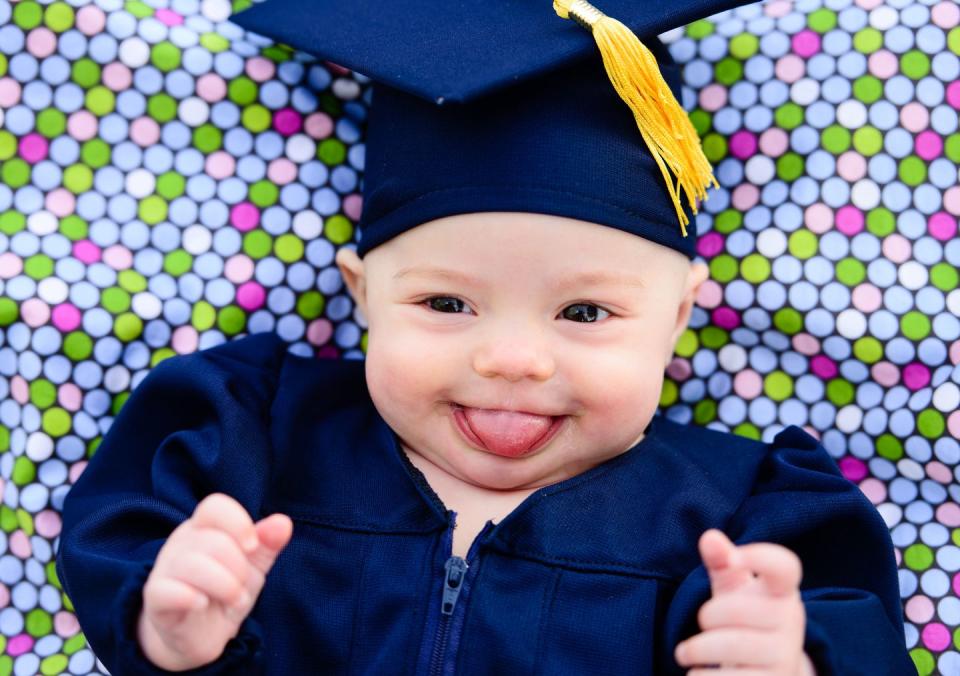Schools Are Doing Away With Admissions Advantages for Children of Alumni. Will It Change College Prep?

On Wednesday, Amherst College announced that it would no longer give children of alumni special consideration during admission selection. It is the latest school to make the move (MIT and Johns Hopkins do not consider applicants’ legacy connections) and a potential bellwether for changes at other small, liberal arts colleges.
Universities and colleges have long used preferential admissions to keep their alumni involved and, well, donating money. But the practice has received scrutiny recently after a series of scandals (in particular Varsity Blues) and lawsuits exposed what critics say are biases and flaws that unfairly advantage wealthy families. Last year a group of alumni from prominent schools organized a protest and pledged they would not donate to their alma maters until they stopped giving alumni children admissions preference.
If other institutions follow Amherst’s lead, families with college-bound children will have to unpack how, or if, they should change their admissions strategies. T&C reached out to Katie Burns, a counselor at the college counseling service IvyWise, to ask what they are telling their clients.
How big a monkey wrench does this throw into college admissions prep?
I think it's not as significant as it might feel. It's certainly going to make the admissions process a little bit cloudier. But it's already unclear. Everyone would love to be able to say, “All right, if I do these 27 things and check all the boxes, it means I will get into X college.” That's not the way holistic admissions in the U.S. works. Yes, removing [alumni consideration] at Amherst or any other colleges that follow suit makes the admissions process more of a mystery. But the conversation I already have with students and families so often is that there isn't a magic formula.
So, should college-bound students not bother applying to their parents’ alma maters?
From my experience, oftentimes the children of alumni end up being a really good fit or match for their parents' alma mater. I saw this when I was an admissions officer at MIT, which famously does not practice legacy admissions. Very often the children of alumni were well matched applicants who had developed their STEM passion and had shown initiative in exploring things. I think some of that is the result of their parents encouraging them in the values or the priorities that were important to them as a student as well.
Are there other reasons to apply to your parents’ school?
For those who had a good time at a particular school, it’s natural to want to give your child that same amazing experience. For example, I went to my dad’s school [Boston College] and it’s something I’m really proud of. But the truth is that it’s not always the best route. I tell my students, bloom where you're planted. Like, yeah, you could go to your parent’s alma mater and have an experience that is similar to theirs, but you can also go to another place that is just as wonderful in different ways and be able to blossom there.

Will admissions coaches have to change strategies?
You know, colleges get to decide what their institutional priorities are, and [alumni status] is just another one of those institutional priorities. When you're in the admissions committee selection room and you're reading an application, there are so many different things that you're juggling and balancing. “Well, biological engineering is really male heavy, so let's see if we can find some females that want to study biological engineering.” Or, “You know, we didn't enroll anyone from Nebraska last year.” And as diversity, equity, and inclusion conversations increase in the admissions process, I think more schools will ask, “What are the perspectives that a student brings to campus and how, how have they achieved them in a context of what's been available to them?” These are all factors we consider when we sit down with families and try to look in the crystal ball together.
Is getting into your parent’s school somehow less of an achievement?
People throw around these statistics, like “The acceptance rate for Harvard alumni children is 34 percent!” Okay, but there’s an argument to be made that those numbers show correlation, not causation. With some alumni children, it's like, no, they're getting in because they're a great applicant.
You Might Also Like


